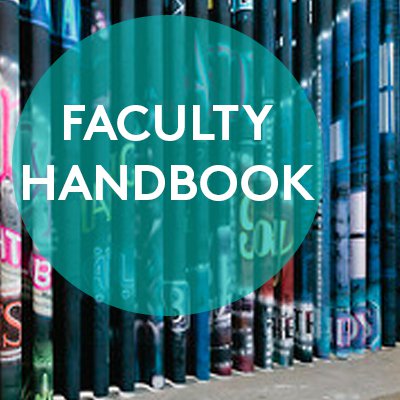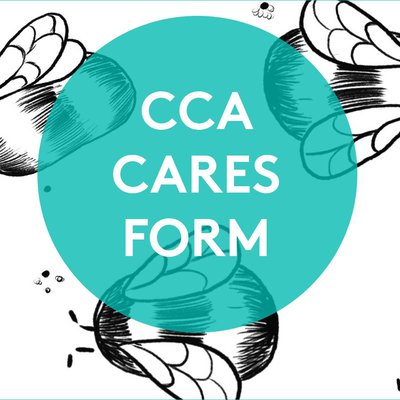Plagiarism and Academic Integrity
Plagiarism is a serious issue that affects not only those involved but the entire CCA community. Such violations of academic integrity are not confined to any one discipline, and the College responds to incidents of plagiarism as both academic and conduct offenses.
The Student Handbook clearly defines plagiarism and lists it as an example of academic dishonesty under the Academic Integrity Code. Many instructors choose to include this definition in their syllabi.
Resources
Although plagiarism is explicitly prohibited, it is also important that faculty members take time at the beginning of each course to define plagiarism and inform students that it will not be tolerated. Please use this opportunity to educate students on how to cite references and provide all necessary attributions, etc. Doing so makes responding to any violation much more straightforward.
CCA Libraries have a handout on plagiarism and citations, and our librarians are available to answer questions and/or present workshops for your class.
Enforcement
As a faculty member, you have the responsibility and authority to deal with plagiarism in your classroom in a fair and consistent manner. Because there are different types, degrees, and contexts of plagiarism, instructors are empowered to determine the appropriate response to an incident. Depending on the incident, you may decide to
- require the student resubmit the project with the possibility of a reduced grade
- lower the grade or fail the student on that assignment, or
- lower the grade or fail the student for the entire class
It may be helpful to consult with the program chair or director when determining your response, but this is not required. In any case, it is important to retain evidence to substantiate the allegation of plagiarism.
If the plagiarism is serious enough, disciplinary action might also be taken in addition to the academic action.
Regardless of your decision, it is important that you initiate a private discussion with the student, share your evidence and provide the student with an opportunity to explain the similarity between their work and the source material, make your disciplinary decision and its consequences clear to the student in writing, and report the incident to your chair. In order to respond to incidents of plagiarism adequately, it is necessary to report them--even minor infractions that do not warrant disciplinary action--to your divisional director.
Following this discussion, if the student wishes to further dispute the allegation and/or appeal any sanction, they should be directed to consult with the chair of the program in which the course in question resides. Finally, if the matter still remains unresolved following their discussion with the chair, the student may appeal to the divisional dean within two weeks of receiving the chair’s decision. It is the instructor’s responsibility to remain engaged throughout the appeals process even if the semester is over. All violations of academic integrity, along with any resulting actions or sanctions, are subject to review by the Provost.
If a student violates the Student Code of Conduct in addition to the Academic Integrity Code (e.g., steals a test to cheat, provides false information to explain away the plagiarism), please contact Jeannine Szamreta, Dean of Students, to address the conduct violation as well.


